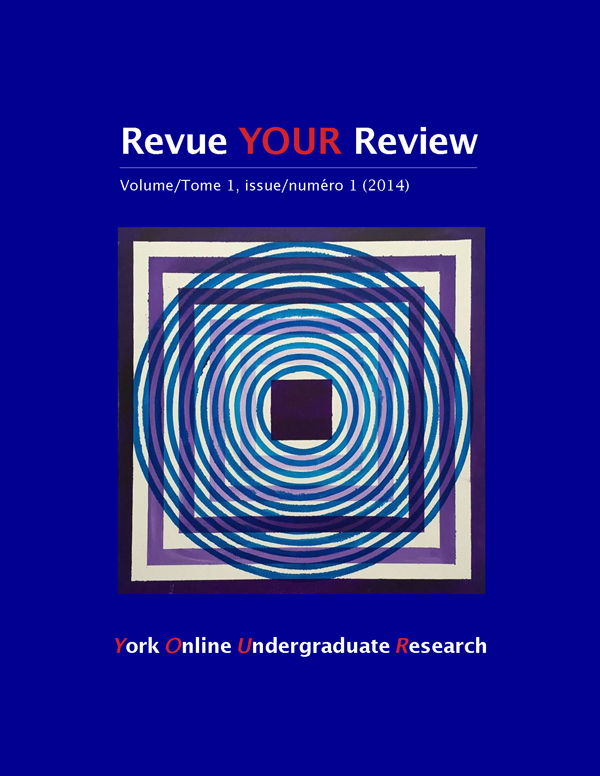Military Intervention from a Global South Perspective: A TWAIL Analysis
Abstract
This paper aims to present the Global South’s perspective on military intervention by applying a TWAIL analysis. The main focus areas will be the social, political, and economic consequences of military intervention for the states of the Global South and their citizens. The paper argues that current international laws, and in particular international practices in relation to military intervention, are based on an unjust, inequitable, and hierarchical international system that continually seeks to subordinate the Global South and its population for the advancement of the Global North’s economic and political hegemony over the “developing world.” The paper will analyze what role the practices of international organizations such as the International Monetary Fund (IMF), the World Bank (WB), and the United Nations (UN) play in applying military interventions in the Global South under the guise of promoting democracy, human rights, and progressive standards of living. The paper maintains that there persists what TWAIL scholars have termed a “legitimacy deficit” in the current international system. Legitimacy awards international rules and practices their viability and therefore is crucial for the future of international law, insofar as the survival of the international system and its institutions and rules depend on legitimacy. Thus, to address the “legitimacy deficit” and restore faith in international law, this paper, in line with TWAIL scholars, proposes the revision of the current international system to adopt anti-hierarchal, post-hegemonic, and pluralistic practices that promote equity and embrace the diversity of the multiple nation-states. To this end, the works of renowned TWAIL scholars such as Orford, Okafor, Mutua, and Fidler, in addition to specific case studies and examples such as those from Rwanda and Yugoslavia, have proven invaluable.How to Cite
Issue
Section
License
Authors contributing to Revue YOUR Review agree to release their articles under one of three Creative Commons licenses: Creative Commons Attribution 4.0 International; Creative Commons Attribution-NonCommercial 4.0 International; or Creative Commons Attribution-NoDerivatives 4.0 International. All editorial content, posters, and abstracts on this site are licensed under Creative Commons Attribution-NoDerivatives 4.0 International. For further information about each license, see:
https://creativecommons.org/licenses/
In all cases, authors retain copyright of their work and grant the e-journal right of first publication. Authors are able to enter into other contractual arrangements for the non-exclusive distribution of the e-journal's published version of the article (e.g., post it to an institutional repository or publish it in a book or in another journal), with an acknowledgement of its initial publication in this e-journal.


